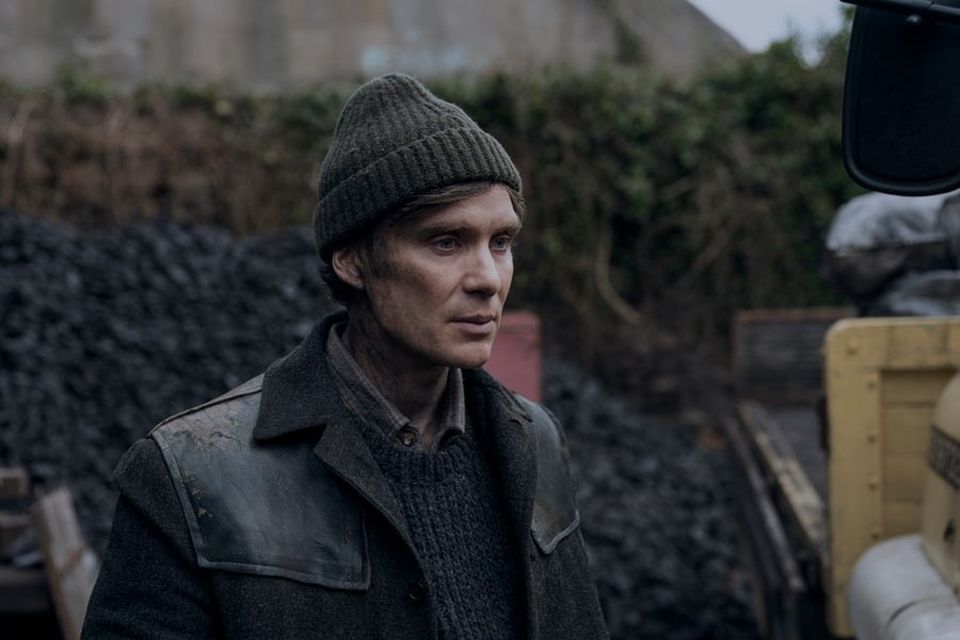
There’s nothing “small” – and that’s the point – about what happens in Small Things Like These. Not in the superb novella by Claire Keegan, nor in Enda Walsh’s adaptation for the screen, which opened in cinemas last weekend. Despite its small-town-small-lives setting and depiction, this is big-issues territory.
Indeed, it is specific territory that has become excruciatingly familiar as the horrors of the Magdalene laundries and other church-rooted abominations have been dragged kicking and screaming into the light. Read more Rarely have I been as affected by a cinematic experience as I was last Friday. When the screen went to black at the end, I realised I was weeping, that I had been quietly weeping for some time.
I felt wrung out, as if the stuffing had been knocked out of me. Overwhelmingly, though, I felt anger. So much anger, in fact, that while driving home in my car I found myself shouting out loud, railing against the cruelty, the duplicity, the selfishness and the lack of moral courage that once suffocated this country of ours into such shameful silence.
“But hadn’t you already read the book?” a friend asked me, somewhat bewildered, when I told her about my visceral response. And yes, I had read the book. Yet, somehow, powerful as it was, it hadn’t prepared me for this.
I wasn’t prepared for being confronted with the novella’s central truth in living, breathing, human form right there on the screen before my eyes. A scene from 'Small Things Like These' that depicts the cruelty meted out to unfortunate young women in religious institutions Cillian Murphy as the forty-something coal merchant, Bill Furlong, with all his own childhood demons, delivers a quietly devastating performance. It’s there in the flickers of emotion on his face, in the scrubbing of his hands, in the way he glances protectively at his young daughters.
You can’t take your eyes off him. But it’s the women who will haunt you. Eileen Furlong, Bill’s wife, is not a bad person.
She loves her husband and her girls, but she is disturbed, not by how the young, pregnant girls are being treated in the convent, but by the fact that Bill is concerned about it, that he knows it’s wrong, that it’s cruel and that someone should speak out. Eileen won’t have any of that speaking out carry-on. Which makes her complicit, turning her into an enabler when it comes to the behaviour of the Mother Superior and her spineless acolytes.
There were good, kind and caring nuns back then, so the mantra goes ...
but not nearly enough To witness the women in Small Things Like These is to feel such shame for the so-called sisterhood. There is the mother who drags her terrified daughter to the door of the convent in an act of abandonment and betrayal. There is Eileen Furlong and her easy ability to turn a blind eye in the protection of her own interests.
We see the loveless, joyless, physically and psychologically cruel nuns. But there were loads of really good, kind and caring nuns back then, so the mantra goes. That is undoubtedly true.
But not enough of them. Not nearly enough. Small Things Like These may be categorised as fiction , but it rings true.
Read more.














